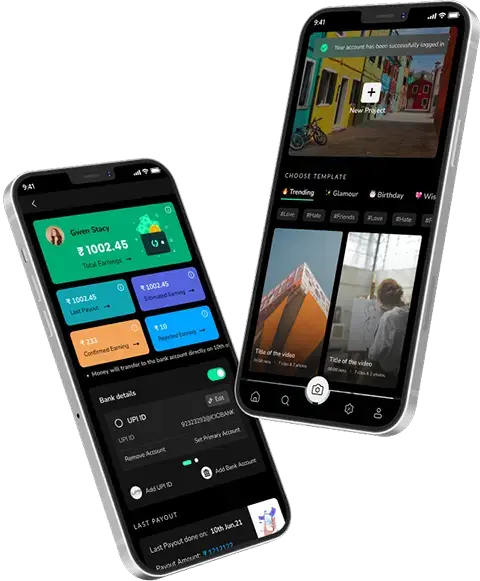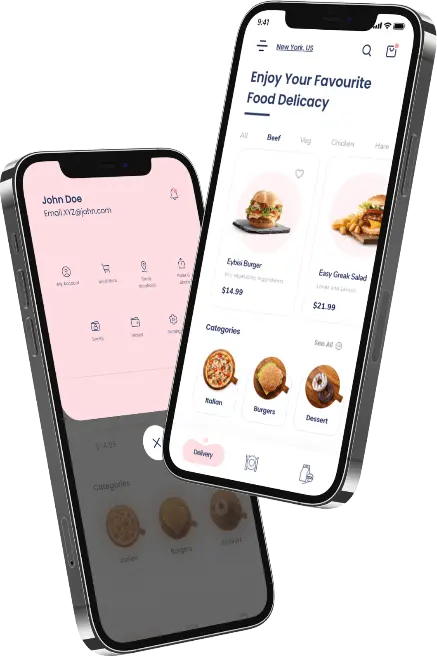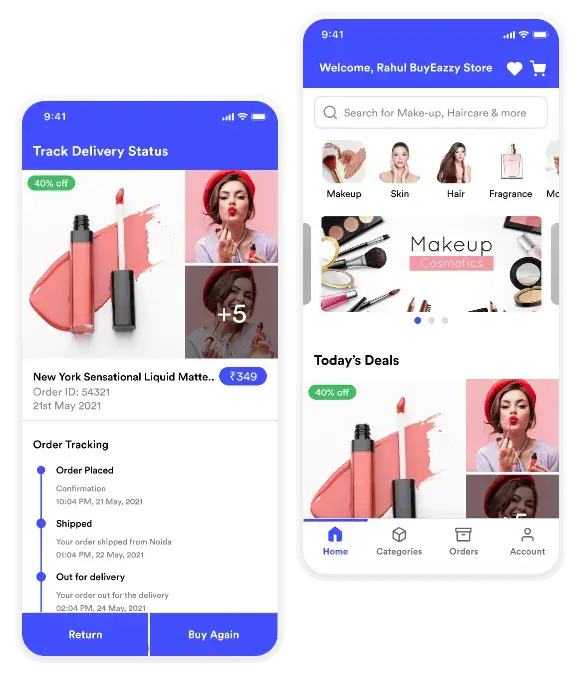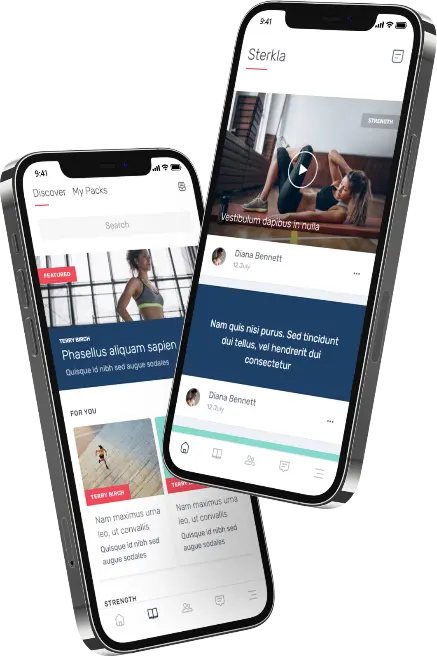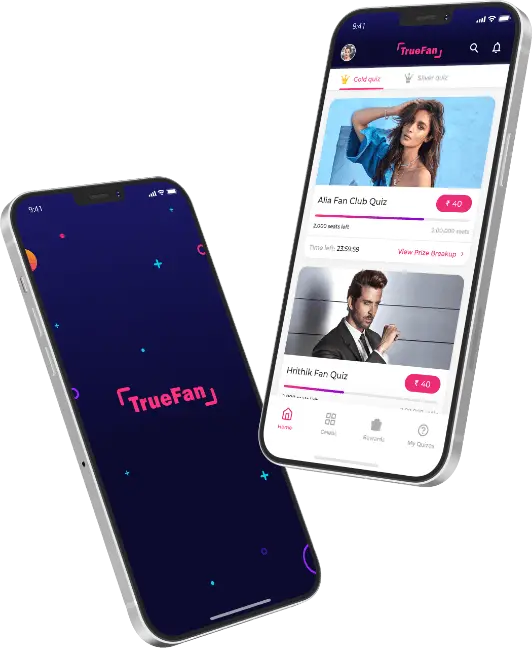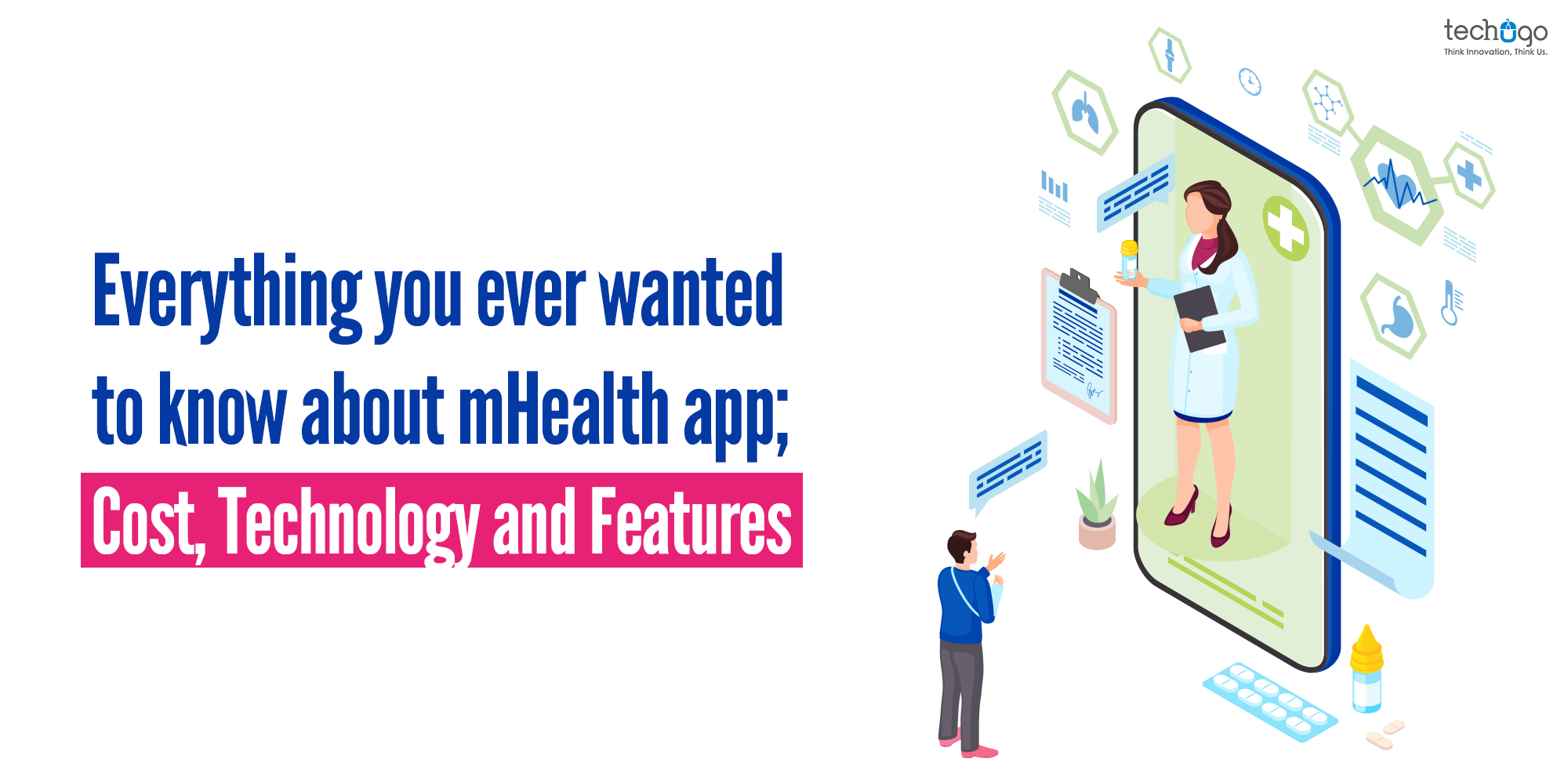The global health industry which was worth $8.45 trillion in 2018, is likely to reach over $10 trillion by 2022.
The recent healthcare statistics show that it’s one of the largest and the fastest-growing industries in the world. Taking note of this massive popularity, individual healthcare providers and organizations are investing in healthcare app development. Further, these numbers not just speak volumes about the consistent innovation in this space but also clearly indicate that users are adopting mHealth apps.
So are you ready to build a scalable mHealth app solution for your business?
In this article, you will find what you need to know to build a successful mHealth app. Let’s scroll further…
Features required to build an mHealth app
For a successful mHealth, there has to be the inclusion of certain features. Here, we have brought an extensive list of most required mHealth app features.
Sign-up & Log-in
Sign-up is one of the most common features of an mHealth app. However, you must ensure that there have to be fewer steps to complete this task. To make it convenient, the integration of social-media sign-up is the best choice.
User profile
In this feature, users get the opportunity to customize their profiles, where they can add some personal data and a profile picture.
Chatbot integration
The integration of chatbots enhances the customer experience to another level, where different panels of health apps get the automated response platform, that helps customers to get responses to the queries.
Push notifications
Indeed, the concept of push messages is incredible in multiple ways, and keep the users engaged and informed with the latest updates. You can inform them about any cancellation or appointment scheduling updates.
Search filter
To make seamless app navigation, you must offer your users to get a custom search filed, where they can get the filters, text suggestions, or auto-completion, to enhance their user-experience to another level.
Payments
The online payment integration system helps patients or their attendees to pay for a doctor’s appointment or any medical services, through their smartphones.
Message portal for doctor-patient
A messenger platform helps the patients to get connected with the doctors or other medical staff and communicate effortlessly. To change the game completely, you can also integrate a file exchange system and video conferencing, to bring ease.
eShopping through mhealth app
The app platform must provide a shopping cart for the users to buy medications, medical devices, or self-care products via the app portal.
Health tracking
With this feature, you can develop the health tracking app for women to monitor their pregnancy, for the elderly to track their heart rates and health status, and even parents can keep track of their kid’s development measures.
Appointment scheduling
The appointment scheduling feature is one of the most prominent features of an eHealth app, letting the patients book their appointments without standing in the queues.
Finding location
This feature enables the patients to locate the doctors’ nearby, and book a doctor appointment without any hassle involved.
Medical measure calculation
This feature enables the patients to calculate their body mass index, oxygen index, calories, pregnancy dates, body water, and other medical measures through the app platform only.
Analyzing and reporting
To help your users to understand their health data, the integration of analysis and reporting feature is mandatory. Further, with this feature, users can also take a closer look at the app behavior and issues persisting along with, and work on it respectively.
Information storage
It is a great choice for your mHealth app to provide a reference section for the users to store the medical database, such as images and videos.
Privacy laws for mHealth apps
HIPAA and HITECH
HIPAA and HITECH together cover rules for letting “covered entities” and “business associates” of those entities to handle the healthcare information of patients.
EU Privacy Laws
When you decide to make an mHealth app, then you must remember that it needs to stay compliant with regulations. For all EU citizens the GDPR rule is mandatory, and failing to follow it, results in a hefty fine.
There are multiple regulatory considerations to be taken into account while building an mHealth app, depending on the targeted user base you are going to cater your services to.
Technology stack
- For iOS – Swift
- For Android – Kotlin
- Backend- Python, Django
- For push messages- WebSockets
- For Database- PostgreSQL (HIPAA compliance)
- For payment- Braintree, and Stripe
How much does it cost to build an mHealth app?
Well, TBH, it is hard to give one precise number for the mHealth app cost development, as multiple factors such as features, functionalities OS platform among many others affect the app development cost. However, to ballpark it, mHealth app could cost you anywhere between $40,000 to $80,000. Although, depending upon various factors, the cost can go much beyond this bracket as well.
Closing statement
Indeed, mHealth apps are turning increasingly prevalent and popular, and this has led multiple businesses to come forward and invest in this platform. We hope this post gives you a clear idea of the various factors that are required to build an mHealth app solution.
If you’ve got an idea for a new mHealth app, there’s no better time to pursue it than NOW!
Give us a call to help your healthcare concept bring to life, and receive a no-obligation quote for your app concept today!
Post Views: 4,527




 SA
SA
 KW
KW
 IE
IE AU
AU UAE
UAE UK
UK USA
USA
 CA
CA DE
DE
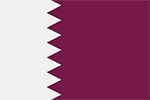 QA
QA ZA
ZA
 BH
BH NL
NL
 MU
MU FR
FR











